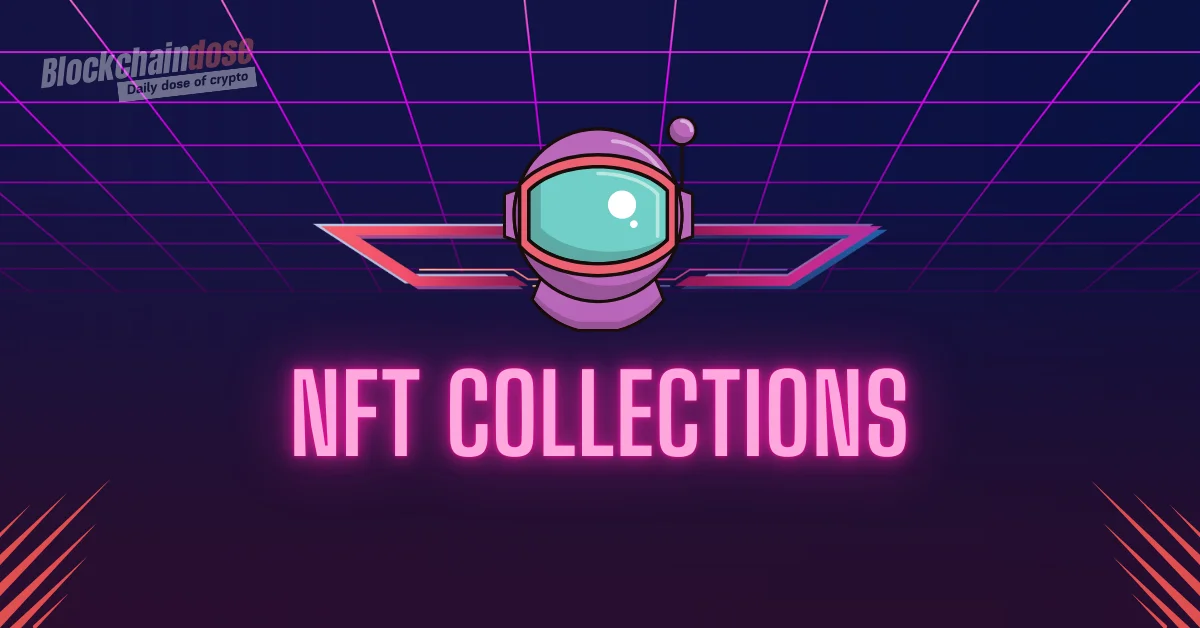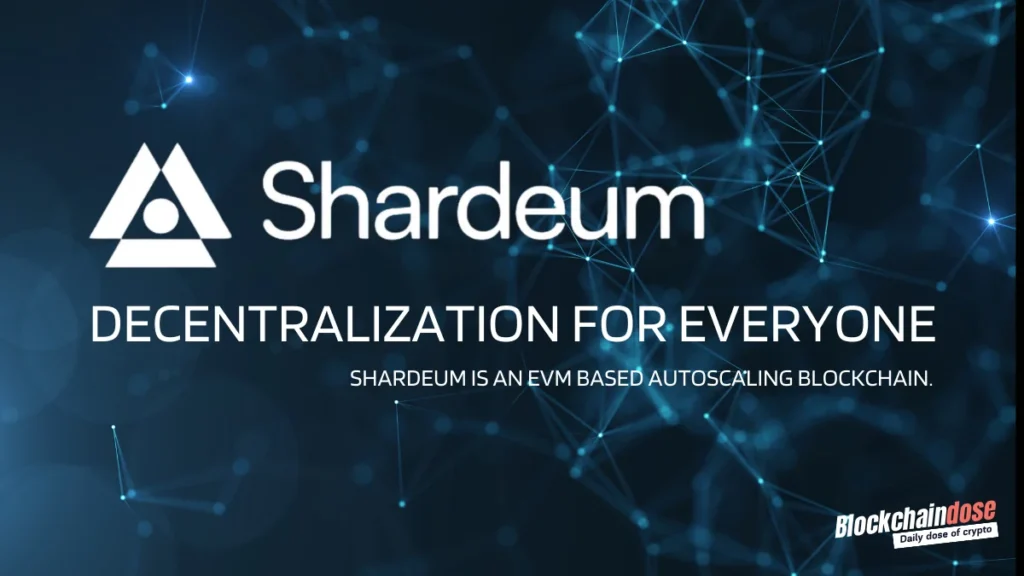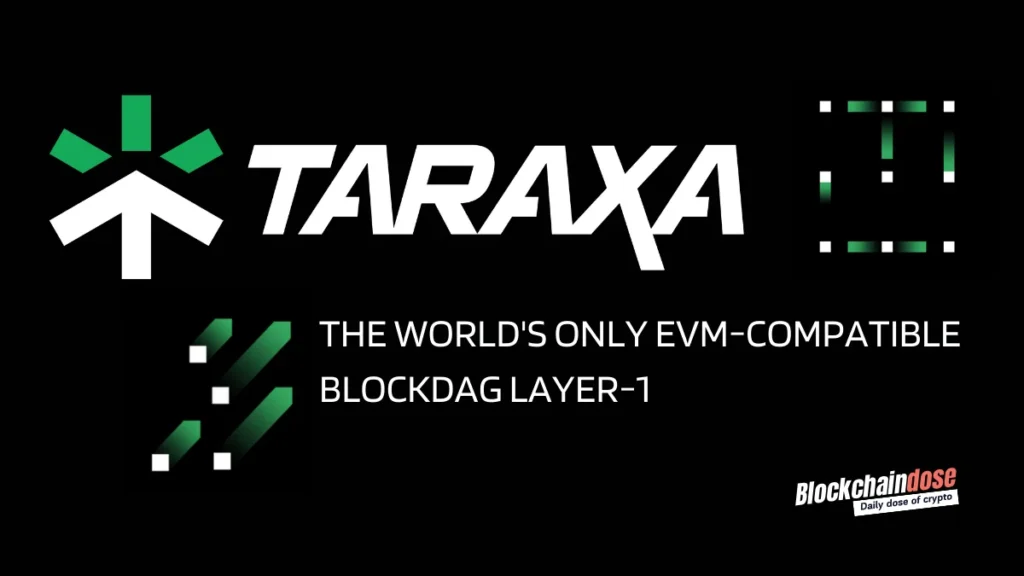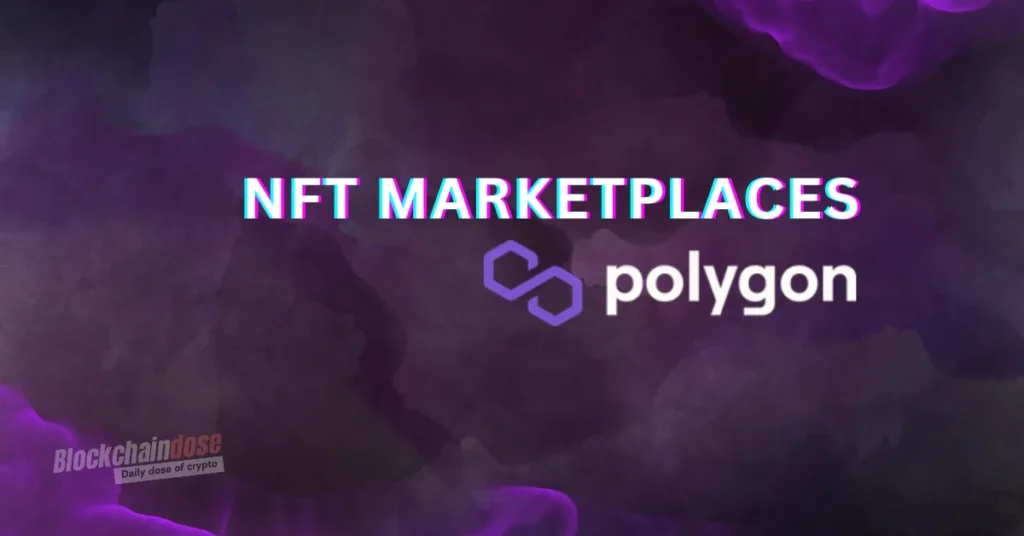In recent years, the digital art world has radically transformed with the rise of NFTs, or non-fungible tokens. These unique digital assets, stored on the blockchain, represent a wide array of creative works, from artwork and music to videos and tweets. One of the most exciting things in the NFT world is the rise of NFT collections, inspiring artists to create NFT collections that showcase their creativity in new and exciting ways. This trend has opened up opportunities for digital creators and collectors alike.
What Are NFT Collections?
NFT collections are groups of related digital assets created by a single artist or team.
These collections typically feature:
- Numerous NFTs with a similar graphic style
- Modest variances between individual tokens
- A wide range of digital assets (artwork, music, videos, in-game items)
- Unique and limited tokens, adding complexity to the collection
Popular NFT collections include:
- Art Blocks
- CryptoPunks
- Bored Ape Yacht Club
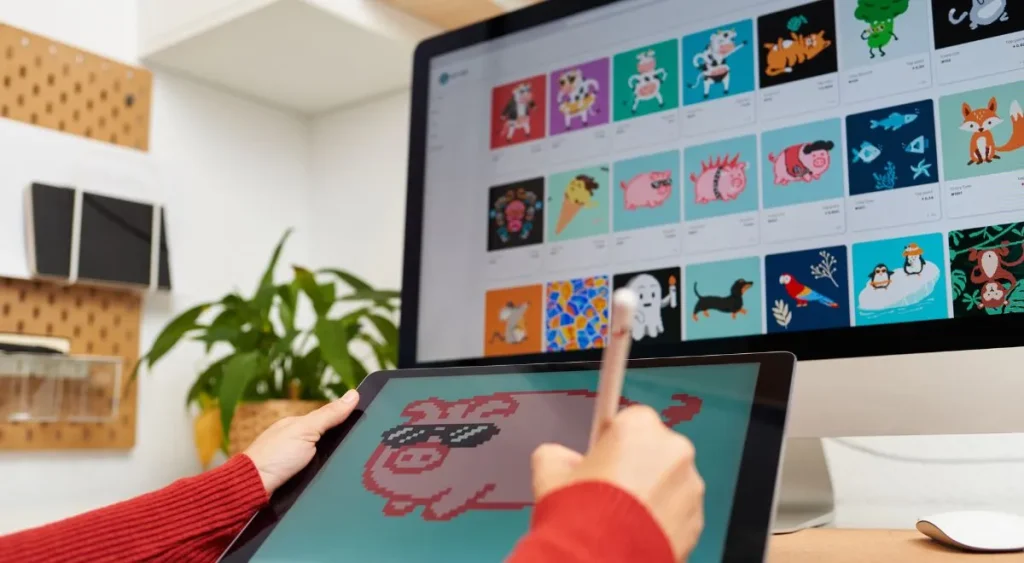
The Importance of NFT Collections
NFT collections have become a dynamic force in the digital world, revolutionizing how people perceive, value, and engage with the collectibles market.
They offer:
- A fresh approach for artists to showcase their digital works
- Unique opportunities for collectors to own pieces of digital art history
- Potential investment value for art enthusiasts
The NFT Market: A Data-Driven Perspective
To understand the significance of NFT collections, let’s look at some key market statistics:
- Total NFT sales volume:
- 2021: $25 billion
- 2022: $24.7 billion
- 2023: $11 billion (67% decrease from 2022)
- Number of unique NFT buyers:
- 2021: 2.3 million
- 2022: 7.1 million
- 2023: 6.9 million
These figures demonstrate the rapid growth and subsequent stabilization of the NFT market, highlighting its continued relevance despite recent fluctuations.
Creating Your Own NFT Collection
Start your NFT collection by turning your unique ideas into digital assets.
- Create Your Art: Develop digital media (images, videos, audio files)
- Choose a Platform: Select from popular options like Nifty Gateway, OpenSea, Rarible, SuperRare or a specific NFT Platform for the type of your Art.
- Mint Your NFT: Create a digital certificate of authenticity for your artwork
- Set a Price: Determine fixed prices or use auction formats
- Promote Your Collection: Utilize social media, forums, and online communities
Learn more about How to become NFT Artist.
Monetizing NFT Collections
There are several ways to make money through NFT collections:
- Create and Sell Art: Produce unique digital artworks and mint them as NFTs
- Participate in NFT Drops: Buy limited edition NFTs at initial prices and resell for profit
- Buy and Hold: Invest in promising NFT projects for long-term value appreciation
- NFT Trading: Actively buy and sell NFTs on various marketplaces
- Collect and Curate: Organize themed collections to increase overall value
It’s important to note that the average NFT sale price has seen significant changes:
- January 2022: $6,900
- January 2023: $2,000
- January 2024: $135
This trend underscores the importance of careful investment and a focus on quality and uniqueness.
Promote NFT Collection
Finally, in order to attract suitable buyers, it’s important to advertise and market your NFT collection. You can promote your collection through social media, forums, and other online communities. You can also leave it to people who are dedicated to it, for example NFT Marketing agencies, who will help you promote your own collection.
Who Are NFT Collectors?
NFT collectors are individuals who acquire Non-Fungible Tokens for investment or as a hobby.
These collectors often:
- Possess a keen eye for identifying valuable NFTs
- Track market trends and values over time
- Create themed or rare collections
- Participate in NFT auctions
- Trade and resell NFTs for profit
Top NFT Collectors and Collections
Some notable NFT collectors include:
- Beeple (Mike Winkelmann): Digital artist known for record-breaking NFT sales
- 3LAU (Justin Blau): DJ and music producer exploring blockchain technology
- Mark Cuban: Entrepreneur and investor in various NFT projects
- Gary Vaynerchuk: Serial entrepreneur and NFT enthusiast
- Lindsay Lohan: Actress and singer creating and selling NFT artwork
- WhaleShark: Anonymous collector with a vast digital asset portfolio
- PleasrDAO: Decentralized autonomous organization collectively managing NFTs
It’s worth noting that the top NFT collection by all-time sales volume is the Bored Ape Yacht Club, with an impressive $2.5 billion in sales. The highest single NFT sale to date is “The Merge” by Pak, which sold for $91.8 million in December 2021.
The Future of NFT Collections
The future appears bright and exciting, despite some challenges.
Here’s the simple table for Opportunities and Challenges:
| Opportunities | Challenges |
|---|---|
| Continued innovation in digital art and collectibles | Environmental concerns related to blockchain technology |
| Expansion into new creative domains | Ensuring creativity and originality in a saturated market |
| Increased mainstream adoption | Wider acceptance and understanding of NFT value |
Market Trends and Predictions
- Increased Utility: NFTs with real-world applications beyond digital ownership
- Metaverse Integration: NFT collections becoming part of virtual worlds and experiences
- Fractional Ownership: Allowing multiple investors to own shares of high-value NFTs
- Cross-Platform Compatibility: NFTs that can be used across different games or applications
- AI-Generated Collections: Artificial intelligence creating unique collections
Current market data provides insights into these trends:
- Market share of top NFT marketplaces (as of early 2024):
- Blur: 56%
- OpenSea: 36.5%
- Distribution of NFT collections by market cap (2023):
- Under 100 ETH: 90%
- 100-10,000 ETH: 9.8%
- Over 10,000 ETH: 0.7%
These statistics highlight the concentration of value in a small percentage of top collections, suggesting potential opportunities for new, innovative projects to capture market share.
Conclusion
As we continue to explore the possibilities of NFT collections, it’s clear that this technology is reshaping the digital world. Although there are challenges, the NFT space has huge potential for growth and new ideas. As technology advances and adoption increases, we can expect to see even more exciting developments.
The NFT market’s evolution from a $25 billion industry in 2021 to its current state shows both the potential and the need to adapt in this fast-changing space. Going forward, staying updated on market trends and focusing on delivering value will be crucial for success in the world of NFT collections.
FAQ – Frequently Asked Questions
NFT collections are groups of related digital assets created by a single artist or team, typically sharing a common theme or style. These collections often feature multiple unique tokens with slight variations, allowing creators to explore a concept or theme across numerous pieces while providing collectors with a range of related, but distinct, digital assets.
To find new NFT collections, regularly browse popular NFT marketplaces like OpenSea, Rarible, or Nifty Gateway, and follow NFT news sites and social media accounts of prominent artists and collectors. You can also join NFT-focused communities on platforms like Discord or Reddit, where members often share information about upcoming and noteworthy collections.
To create an NFT collection, start by developing a set of digital assets (artwork, music, videos, etc.) with a unifying theme or style. Then, choose an NFT marketplace platform like OpenSea or Rarible (multi-category) or NFT Marketplace specific to your type of art, like Sound.xyz for Music. Connect your digital wallet, and follow the platform’s minting process to turn your digital creations into a collection of NFTs, setting prices and royalties as you go.
